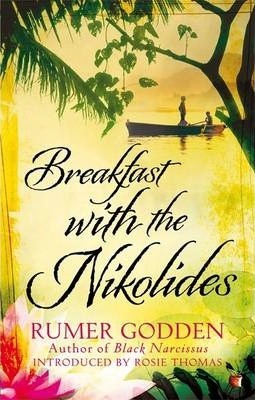What do you think?
Rate this book


220 pages, Paperback
First published January 1, 1942
https://wordpress.com/view/carolshess...
Godden was a writer who continually drew on her own life experiences, frugally mixing and recasting the elements to give them fresh significance, but always relating her work back to the the people, places, human passions and frailties that she knew and understood best. Here, the place is Northern India, the people are pre-Partition British and the Indians they governed, and the themes are sexual desire, treachery, the conflict of cultures and the loss of innocence. (p.vii)
I asked Charles not to give the children a dog. I asked him not to give them Don. He gave them Don...
He gave him to Emily.
'Why Emily? Why not Binnie? Why Emily?'
'I think,' he said, 'that that little girl needs love.'
In her surprise Louise had stared. 'Emily! Why, Emily won't have love. That shows how little you know of her. She is hard. She is completely oblivious of everyone but herself. She doesn't care an atom for anyone. She is almost unnatural.'
'You don't like her, do you?'
She answered icily, 'I love Emily more than you could begin to understand.'
'You may love her, you don't like her.'
'I love her and I know her better than she knows herself.' And she said, 'I must ask you not to interfere with the children.' (p.63)